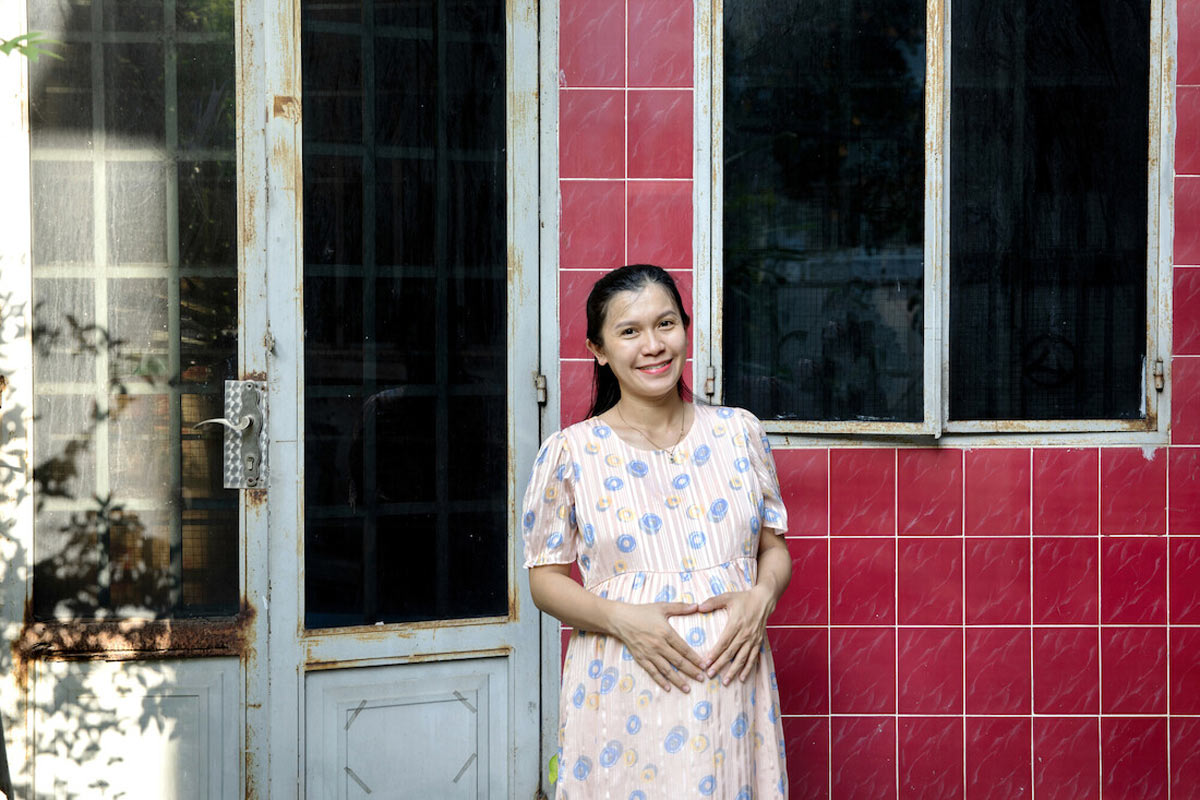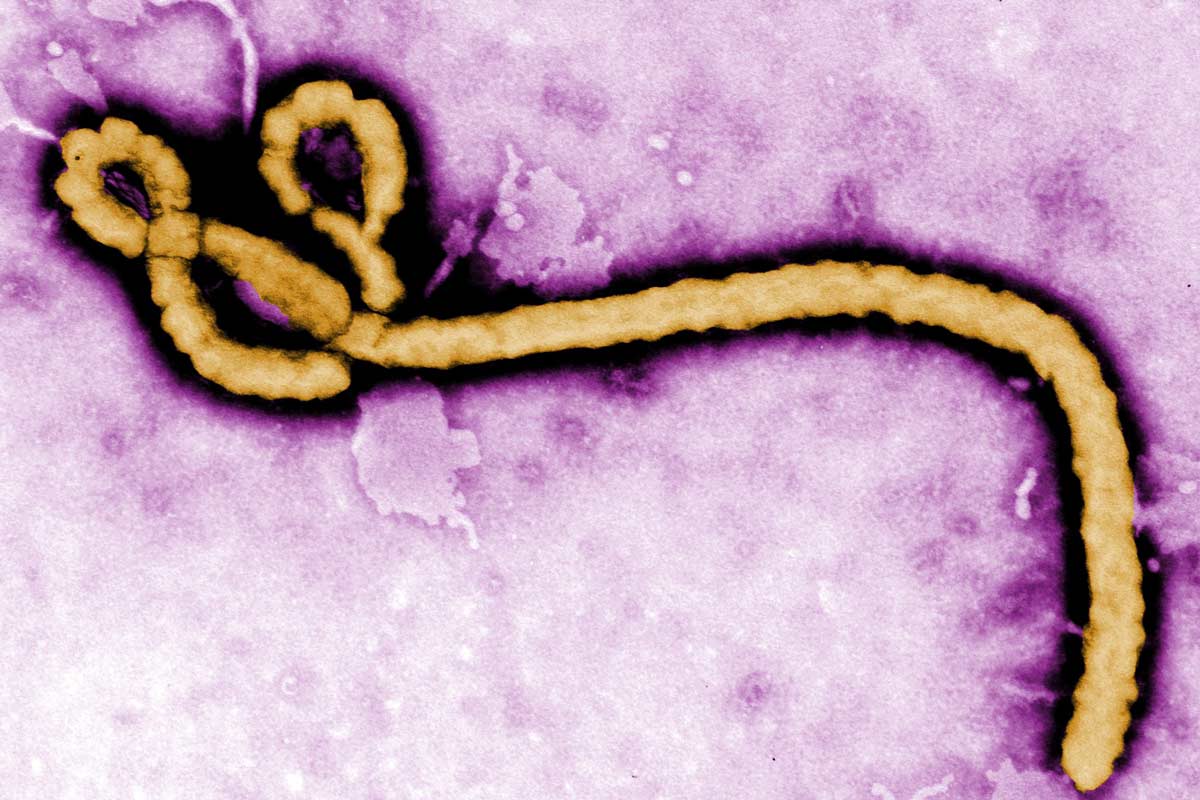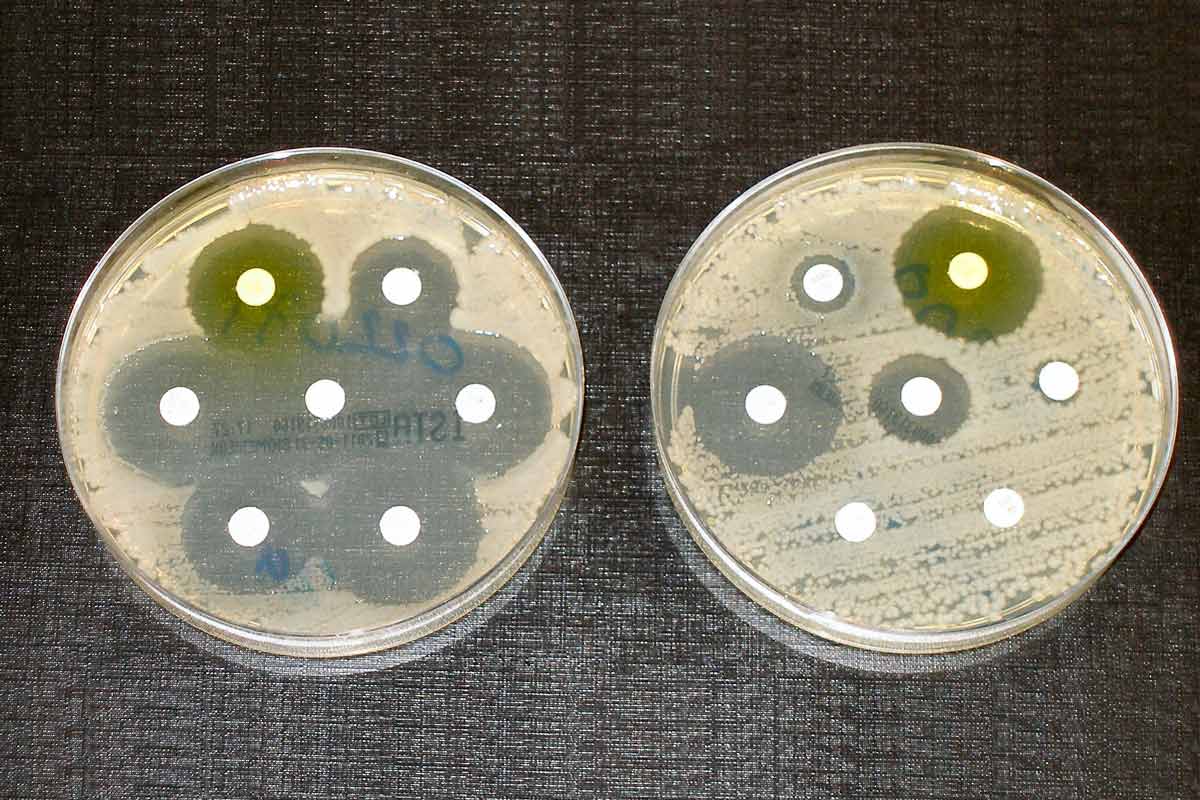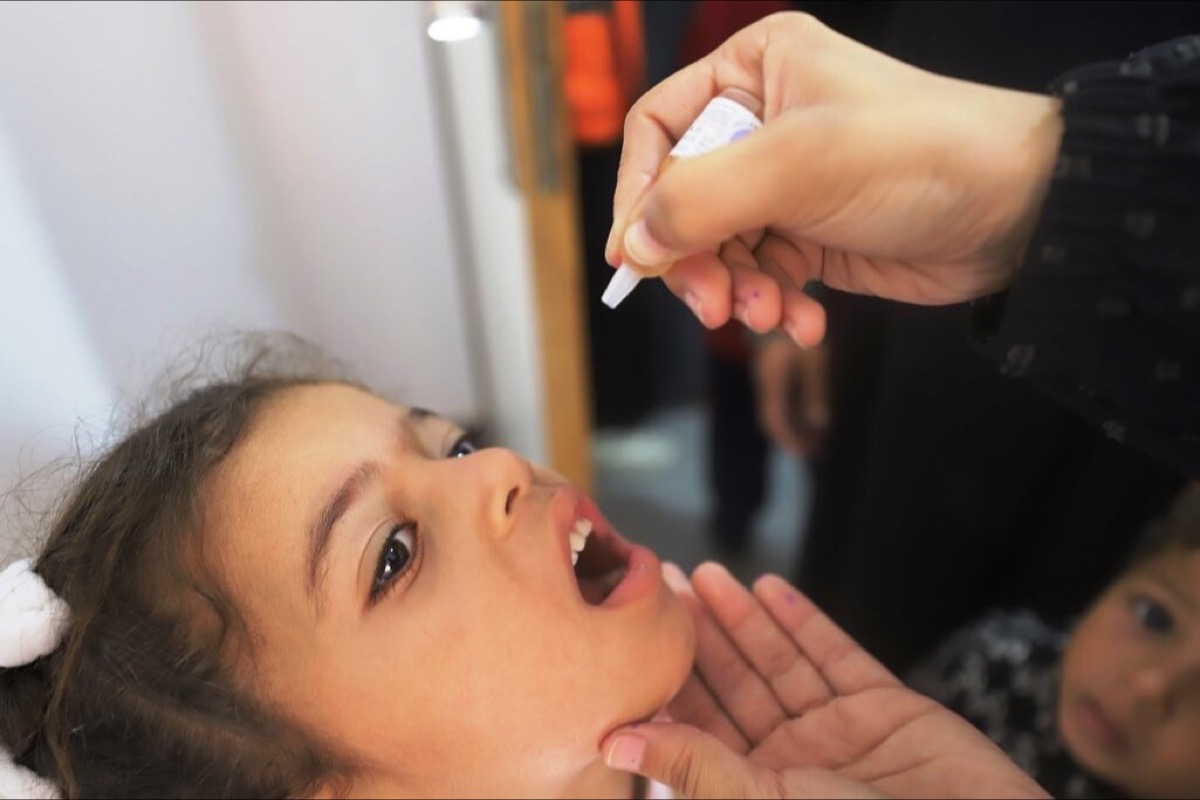Real-world results confirm safety of RSV vaccine in pregnancy
Study suggests similar risk of preterm birth in women who were vaccinated against respiratory syncytial virus (RSV) during pregnancy and those who were not.
- 8 July 2024
- 3 min read
- by Linda Geddes

Real-world data from thousands of women who received the respiratory syncytial virus (RSV) vaccine during pregnancy to protect their newborns has provided further reassurance that the vaccine is safe.
RSV is a leading cause of lower respiratory tract infections in children under the age of five, with infants younger than six months old at particularly high risk of severe disease and death. During 2019 alone, it was responsible for some 3.6 million hospital admissions and 101,400 deaths in under-fives, with children in low- and middle-income countries disproportionately affected.
“The real-world evidence provides an additional layer of confidence about the safety of this vaccine during pregnancy,”
- Dr Moeun Son, an associate professor of obstetrics and gynaecology at Weill Cornell Medicine.
Vaccination against RSV during pregnancy (maternal vaccination) offers mothers an opportunity to protect their babies during the early months of life when they are most vulnerable, as well as reducing their own risk of RSV infection.
Maternal vaccine
The RSVpreF (Abrysvo) vaccine is the first to be approved for use during pregnancy to protect infants from lower respiratory tract disease caused by RSV through the transfer of protective antibodies through the placenta.
Since September 2023, the US Centers for Disease Control and Prevention (CDC) has recommended that eligible pregnant people receive a single dose of the vaccine during RSV season, which runs from September to the end of January in the US. Other countries have made similar recommendations.
Now, a study published in JAMA Network Open has provided additional real-world data on the vaccine’s safety – including data from groups of women who were excluded from the original clinical trials because of pre-existing health conditions.
Have you read?
Safety data
Dr Moeun Son at Weill Cornell Medicine in New York, US, and colleagues studied pregnancy outcomes in 1,026 vaccinated and 1,947 unvaccinated patients who received care at Weill Cornell Medical Center and New York-Presbyterian Lower Manhattan Hospital during the first year the vaccinations were available.
They found that there was no statistically significant difference in preterm birth rates between vaccinated women (5.9%) and unvaccinated women (6.7%). Their newborns also had similar rates of stillbirths, small-for-gestational-age birthweights, neonatal intensive care unit admissions, jaundice, low blood sugar and sepsis.
“The real-world evidence provides an additional layer of confidence about the safety of this vaccine during pregnancy,” said Son, an associate professor of obstetrics and gynaecology at Weill Cornell Medicine.
“Randomised clinical trials don’t always emulate the populations we see in the clinical setting, but now we have data from multiple populations showing no increase in preterm birth risk.
“Patients and clinicians can feel confident that vaccination during pregnancy is a safe way to protect infants from harmful RSV infections.”









